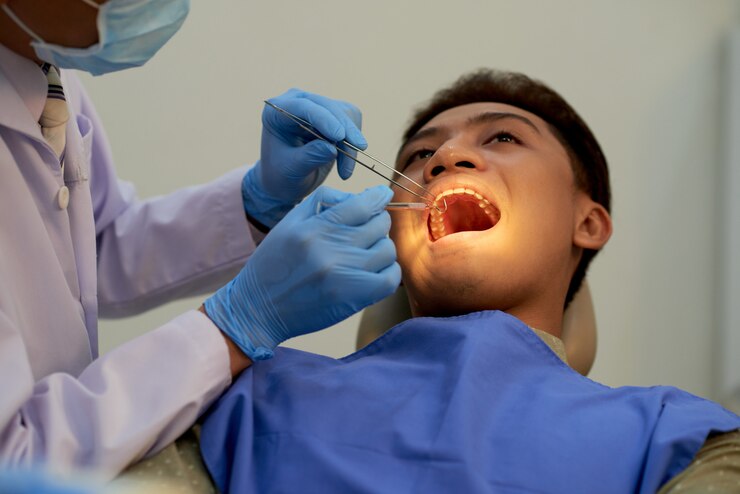Maxillofacial surgery, also known as oral and maxillofacial surgery (OMS or OMFS), is a specialized field of surgery that focuses on the diagnosis and treatment of diseases, injuries, and defects in the head, neck, face, jaws, and the hard and soft tissues of the oral (mouth) and maxillofacial (jaws and face) region. This complex area of healthcare combines dental, medical, and surgical expertise to address a wide range of conditions, ranging from standard procedures to intricate surgeries.
MAXILLOFACIAL SURGERY PROCEDURE
01.Anesthesia
Maxillofacial surgeons are trained to administer anesthesia and sedation with minimum discomfort to patients during procedures.
02.Advanced Imaging
It uses CT scans, MRI, or 3D scans for accurate diagnosis & treatment planning.
03.Minimally Invasive Techniques
They adopt endoscopic/ laparoscopic techniques to shorten healing time & minimize scars.
04.Microsurgery
These involve high magnification in repairing minor blood vessels /nerves.
BENEFITS OF MOXILLOFACIAL SURGERY
Better Look
Procedures such as orthognathic surgery, rhinoplasty, and facial bone contouring improve face balance and beauty.
Restoring Function
This rectifies open bites (orthognathic surgery), hence enhancing the patients' chewing, speaking, and breathing.
Cosmetic Procedures
It also has facial treatments like chin augmentation, cheek implants, and lip enhancement, among others.
SURGICAL PLANNING

Individualized Treatment Plan
- The specific patient needs to determine a tailored approach toward the treatment regime.
- Patient’s aesthetic desires must be taken into account when designing such plans.
Multidisciplinary Approach
- This will include working alongside other consultants like orthodontists/plastic surgeons/oncologists where necessary.
- Being comprehensive is best through coordinated care.
Pre-Surgical Preparations
- Prior instructions containing preoperative fasting/ medication adjustment / personal hygiene methods.
- Psychological readiness/counseling about patients’ concerns/expectations.
